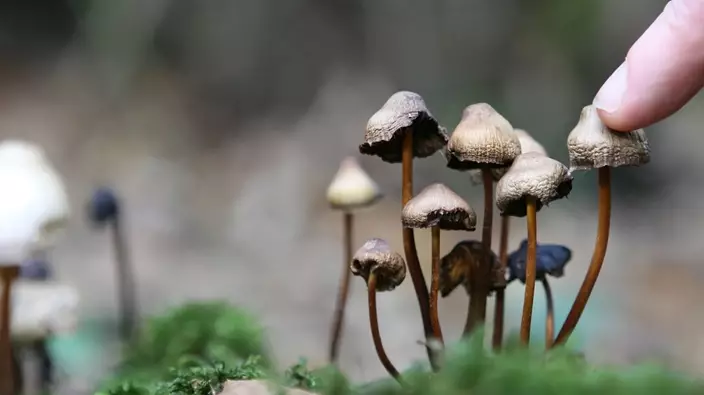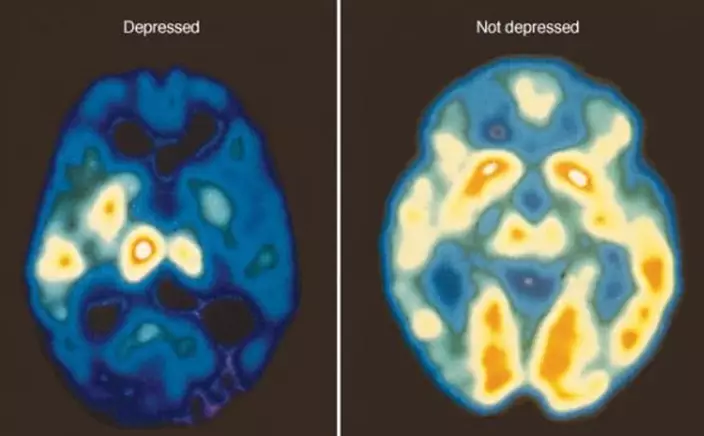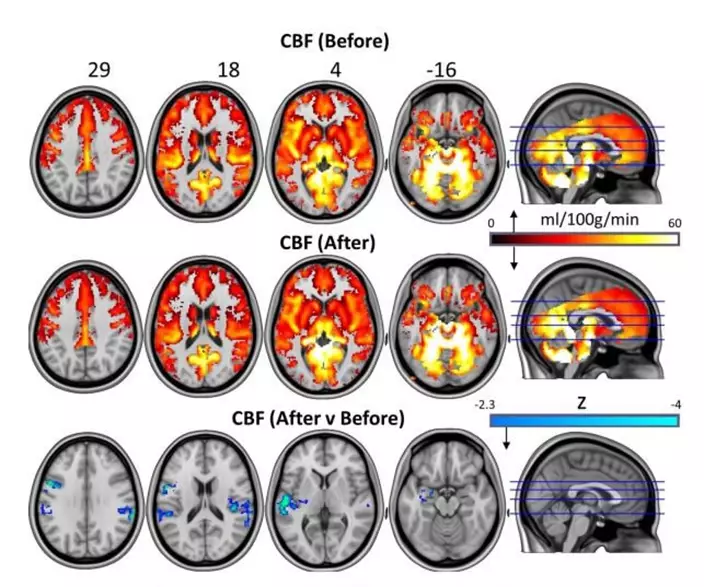Psilocybin, a naturally occurring psychedelic compound found in magic mushrooms, is promising to help re-set the activity of neural circuits in the brain and treat depression, according to scientists from Imperial College London.

Designed Photo
Having an ancient and more recent history of medicinal-use, psilocybin is believed therapeutically useful for mental disease treatment. Approved by the UK National Research Ethics Service committee, scientists conducted clinical trials of using psilocybin to treat depression. In the study, brain-imaging showed that psilocybin has the ability to cause changes in the brains of the patient with depression, reducing the activity in some overactive regions.
During the study, 19 volunteers were each given a 10mg dose of psilocybin and another of 25mg in a week's interval. The scientists then studied their brain response before and after ingestion by measuring the changes in the blood flow to the brain.

(Mayoclinic Photo)
After five weeks, 47% were observed less depressed. Brain scans showed that overactive areas of the brain in depression “calmed down” after taking drugs. These areas included the amygdala, which plays a role in processing stress and fear.
“We have shown for the first time clear changes in brain activity in depressed people treated with psilocybin after failing to respond to conventional treatments,” said Robin Carhart-Harris, who led the study. “Several of our patients described feeling ‘reset’ after the treatment.”

(Nature Photo)
Besides, Carhart-Harris and his colleagues also warned that the treatment with psilocybin must be administered in a supportive environment with preparatory and integrative psychological care.
“Developments in this area are a priority in psychiatry. Some people can go through years of suffering, which resist all standard therapies,” said Paul Morrison, of King’s College London.


